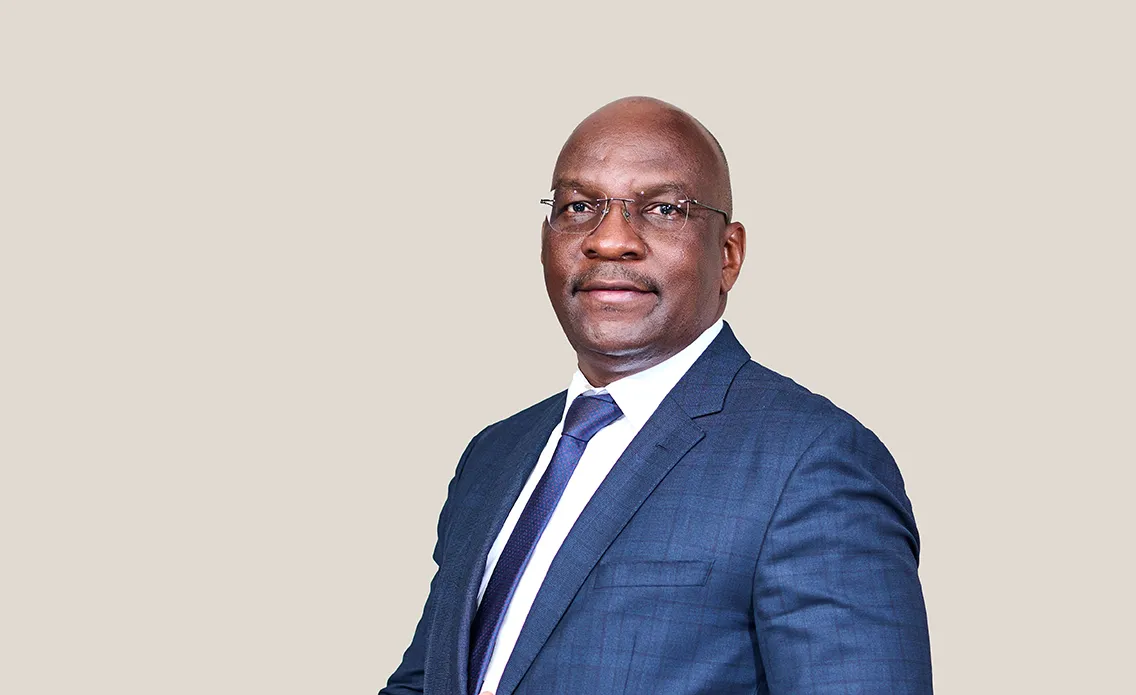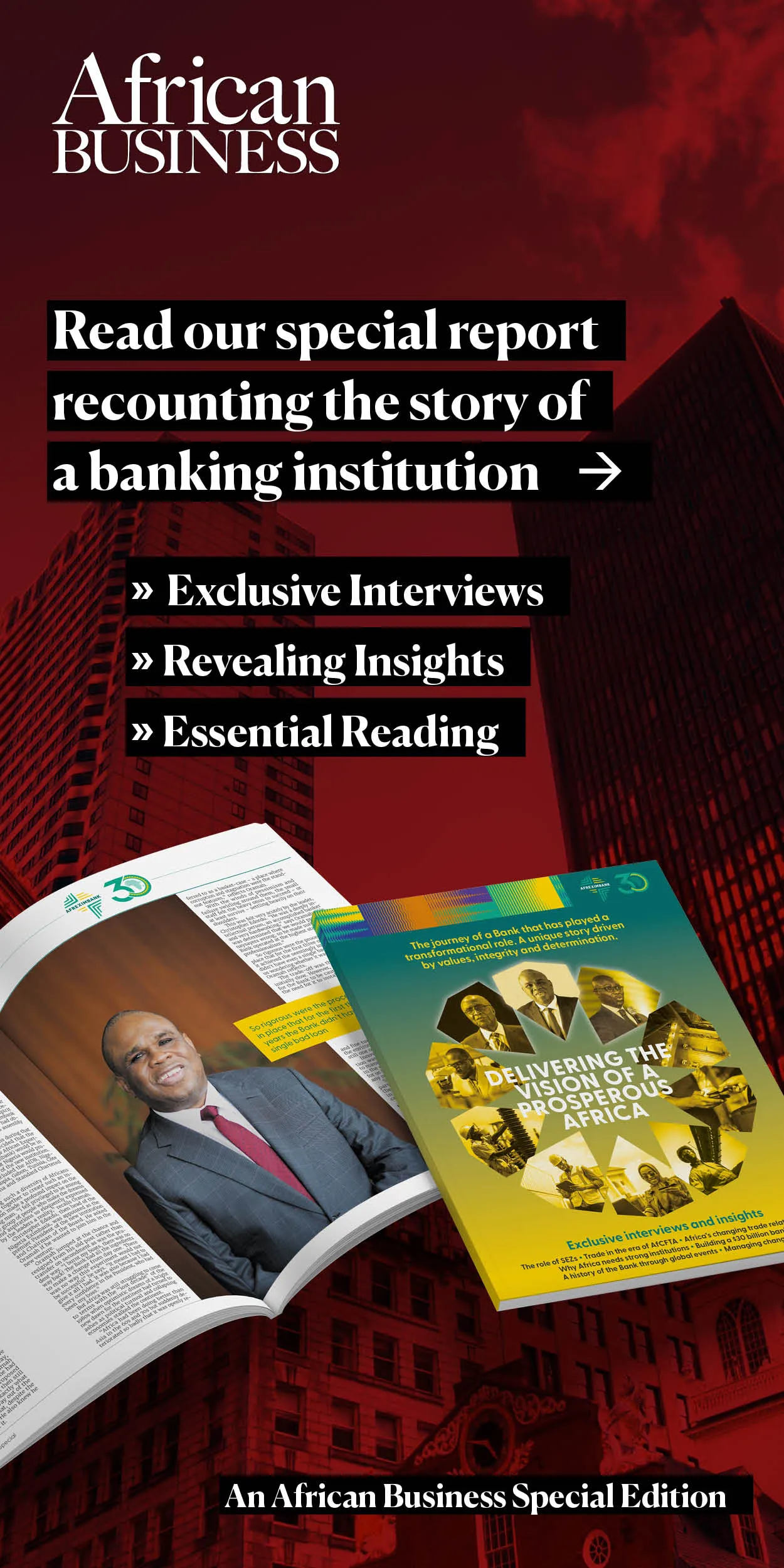This article was produced with the support of Afreximbank
Rapid industrialisation has been at the heart of policy over the last two decades as Africa has seen its shares of global trade, and of intra-Africa trade, fall over the last four decades. Alongside policymakers and other institutional partners, the African Export-Import Bank (Afreximbank) has been trying to catalyse industrial growth through several targeted interventions.
One of the key ways in which the bank is supporting the continent’s industrialisation is through the provision of enabling infrastructure, particularly special economic zones (SEZs) and industrial parks, which are known to encourage foreign direct investment and boost manufacturing capacity. The bank has ploughed more than $900m into various such projects, including in Malawi, Côte d’Ivoire, Botswana, Kenya, and Rwanda. The Malawian projects aim to attract agro-processing, manufacturing, and other investments, focusing on both domestic and foreign companies. The zones aim to support Malawi’s industrialisation and capitalise on preferential access under the African Continental Free Trade Area (AfCFTA).
Working in partnership with the United Nations Economic Commission for Africa, Afreximbank is supporting the joint SEZ between Zambia and the Democratic Republic of Congo which aims to leverage their critical minerals to produce battery precursors for electric vehicles, giving the two countries much greater value in the booming sector. In South Africa, the bank is also backing Nyanza Light Metals with a $750m industrial complex to facilitate the beneficiation of titanium in the country. In Gabon, Afreximbank has supported the Nkok SEZ, which is focused on timber processing. It is also in collaboration with ARISE Integrated Platforms to finance, develop and operate SEZs across Africa, providing essential support such as trade finance, project preparation, and SME development.
In partnership with ARISE IIP and Rieter, Afreximbank has embarked on the Africa Textile Renaissance Plan, which aims to build 500,000 metric tons of cotton-processing capacity over the next three to five years, with the potential to expand by an additional 500,000 metric tons. The $5bn project seeks to localise machine repair expertise, create up to 500,000 jobs, reduce textile imports and boost exports under the African Growth and Opportunity Act. Under the initiative, Rieter plans to gradually establish a manufacturing presence in Africa, starting with a repair and maintenance facility in ARISE’s industrial park in Benin, along with spare parts warehousing and machine assembly operations.
The idea behind these projects is to add value to local resources; and with Africa’s tremendous capacity for food production, agro-processing is an area that many countries are looking at. The bank’s Africa Cocoa Initiative, set up in collaboration with Côte d’Ivoire, Ghana, and Cameroon, three of the largest producers of cocoa, aims to increase the amount of cocoa processed on the continent.
Denys Denya, executive vice president for finance, administration and banking services at the bank, explains how the initiative has impacted the industry. “At the time, Côte d’Ivoire processed only 25% of its cocoa. We intervened by facilitating local entrepreneurs to produce intermediate products like cocoa butter and cocoa powder. By 2015, Côte d’Ivoire had overtaken the Netherlands, with about 585,000 metric tonnes of processed cocoa. We are now trying to expand this initiative to other products like cashew, cotton, and other agricultural products.”
Afreximbank has also adopted a comprehensive strategy to support the growth of the continent’s automotive industry, recognising its potential to build regional value chains and create high-value jobs. Under a memorandum of understanding with the African Association of Automotive Manufacturers, it has committed to providing financing across the entire value chain through various instruments such as credit lines, direct financing, project financing and equity financing. Additionally, Afreximbank will advocate for policies conducive to industry growth and promote partnerships between original equipment manufacturers and local partners.
The bank also plans to incorporate an automotive show into its Intra-African Trade Fair, providing a platform for manufacturers, assemblers, OEMs and component suppliers to showcase their products and engage with potential buyers. The strategy aligns with the implementation of the African Continental Free Trade Area, which will enhance regional supply chains, economies of scale, and investment opportunities. Afreximbank has dedicated $1bn to support the strategy, including funding for local content development in the automotive value chain and consumer finance to boost demand.

 Sign in with Google
Sign in with Google 
